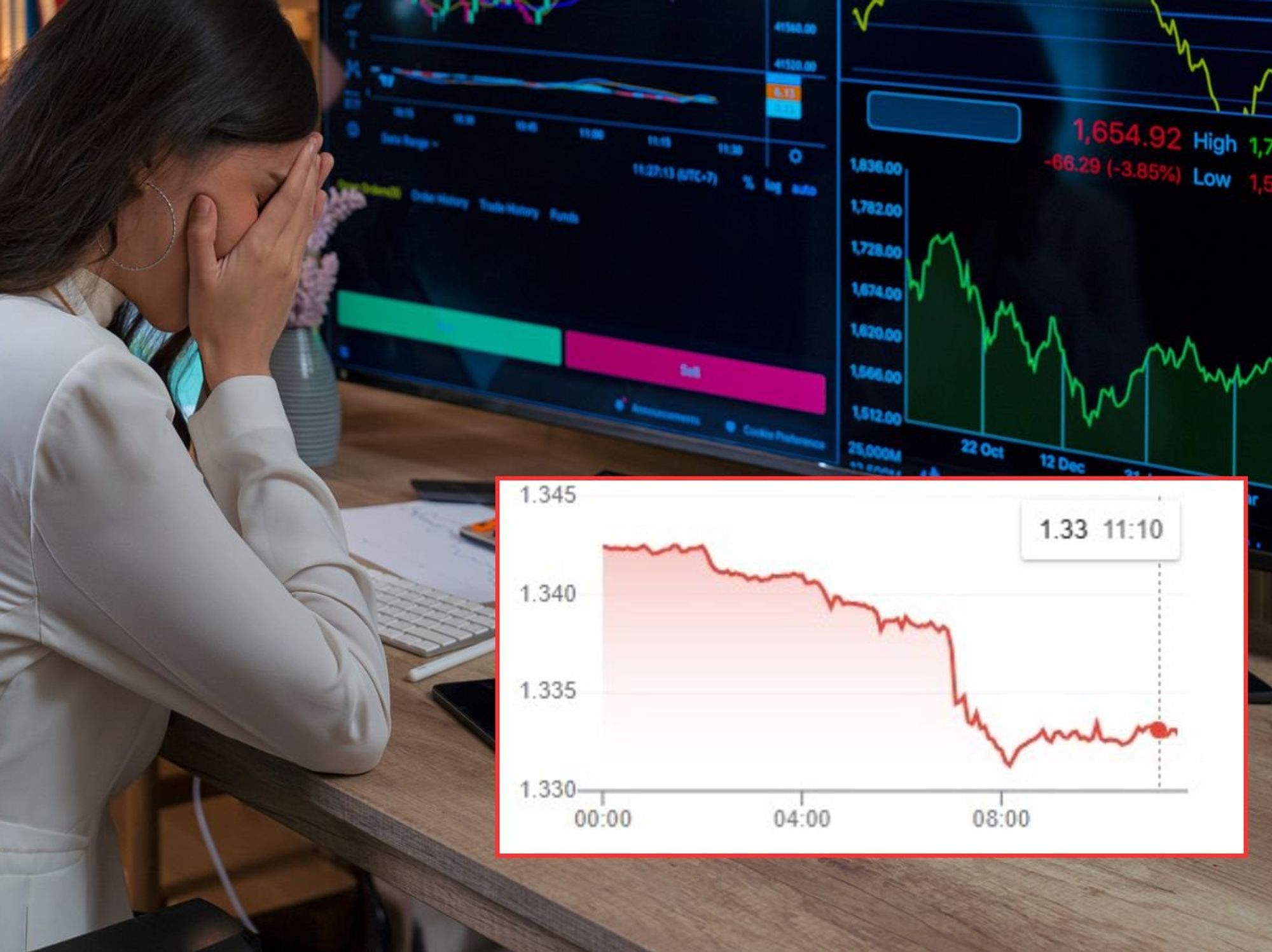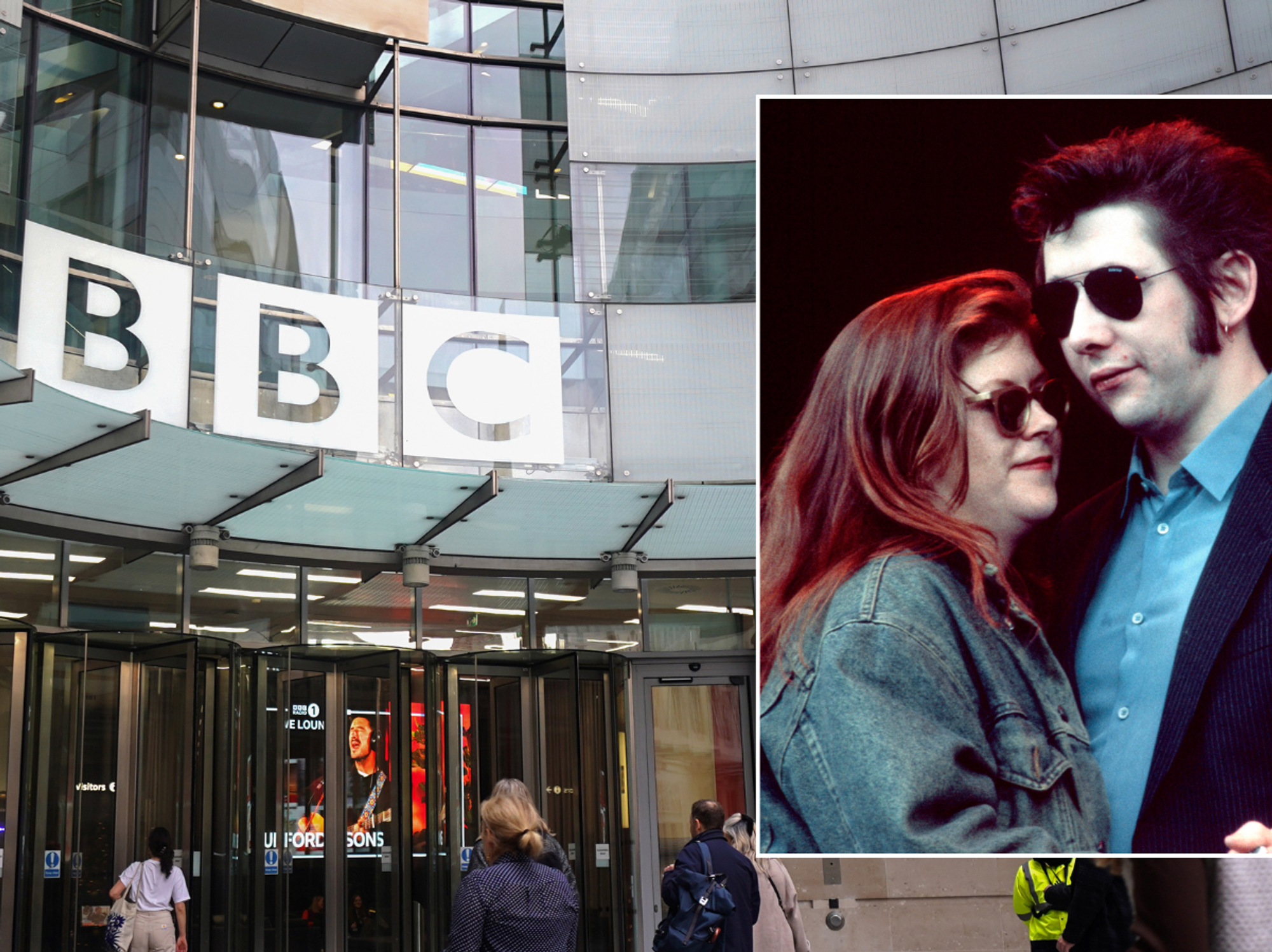Lawless London worst part of Britain to be hit by crime rates 'driven up' by Airbnb rentals

A study has found that the association between active Airbnb rentals and crime was most significant for robbery and burglary
Don't Miss
Most Read
Latest
There is a link between the number of Airbnb properties in London and a surge in crime in the capital, a new study has found.
The research, conducted by Cambridge University, suggests that a 10 per cent increase in Airbnb properties could lead to an additional 1,000 robberies per year in the capital.
Urban sociologists found that the rapid rise in crime correlates with new rentals, pointing to increased opportunities for criminal activity rather than solely community cohesion issues.
The study, published in the journal Criminology, analysed data from January 2015 to March 2018, covering all 4,835 Lower Layer Super Output Areas (LSOAs) in London.
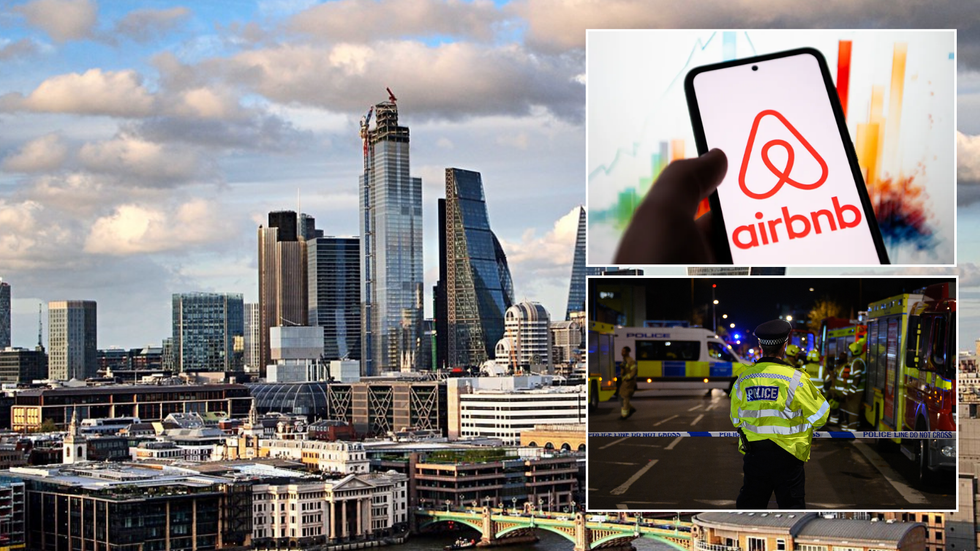
Airbnb rentals are claimed to be 'driving up crime rates'
|Getty/Flickr
The researchers also tested for alternative explanations, including changes in police patrols, tourist hotspots, and even football matches.
The team mapped crime statistics for six categories onto LSOAs using AirDNA data. These categories included robbery, burglary, theft, antisocial behaviour, violence, and bodily harm.
It found that the association between active Airbnb rentals and crime was most significant for robbery and burglary, followed by theft and violence.
On average across London, an additional Airbnb property was linked to a two per cent increase in the robbery rate within an LSOA.
MORE LIKE THIS:
- Prison escapee still ON THE LOOSE more than 48 hours after jumping fence
- Labour sets free a 'serious gangster' sentenced for KIDNAPPING
- Wimbledon school crash investigation re-opened after 'concerns' of failings by Met
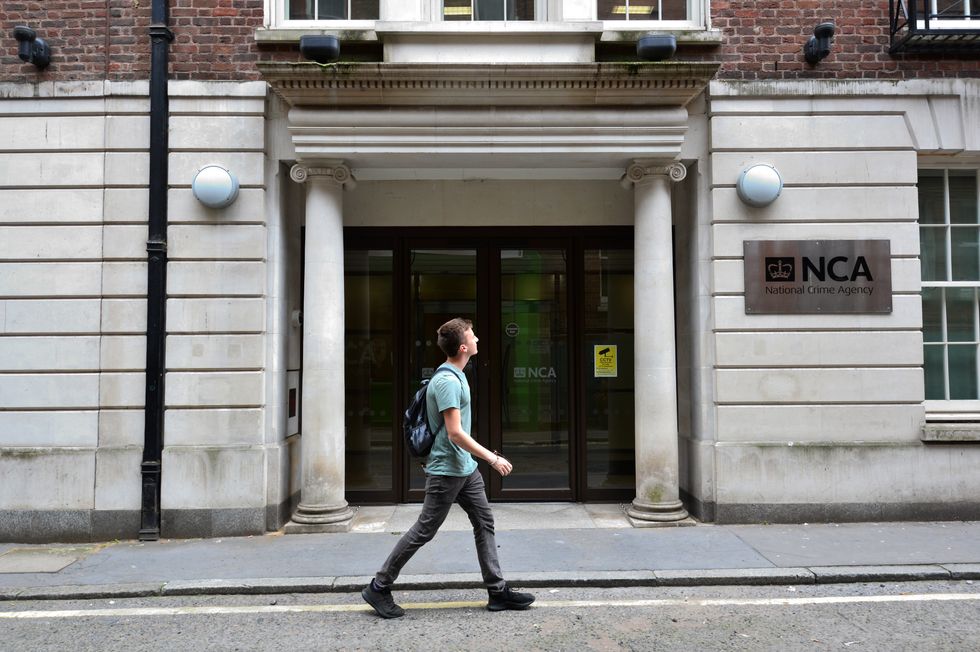
The National Crime Agency (NCA) in Westminster, London
| PAFor thefts, the increase was one per cent, whilst burglaries saw a 0.9 per cent rise, and violence increased by 0.5 per cent.
Dr Charles Lanfear from Cambridge's Institute of Criminology stated: "Crime seems to go up as soon as Airbnbs appear, and stays elevated for as long as they are active."
The researchers noted that the link was primarily due to entire properties for rent, rather than spare or shared rooms.
Lanfear explained: "A single Airbnb rental can create different types of criminal opportunity.
"An Airbnb rental can provide an easy potential victim such as a tourist unfamiliar with the area, or a property that is regularly vacant and so easier to burgle. A very temporary occupant may be more likely to cause criminal damage.
"Offenders may learn to return to areas with more Airbnbs to find unguarded targets. More dedicated Airbnb properties may mean fewer long-term residents with a personal stake in the area who are willing to report potential criminal activity."
The study notably found no link was found between Airbnb rentals and antisocial behaviour or bodily harm.
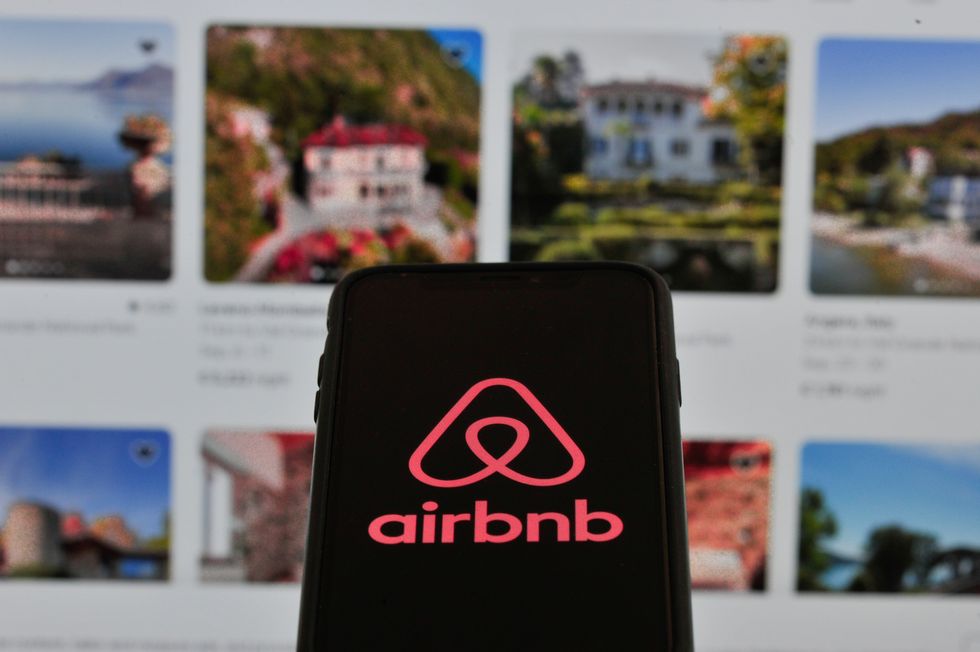
There is a link between the number of Airbnb properties in London and a surge in crime in the capital, a new study has found
|Getty
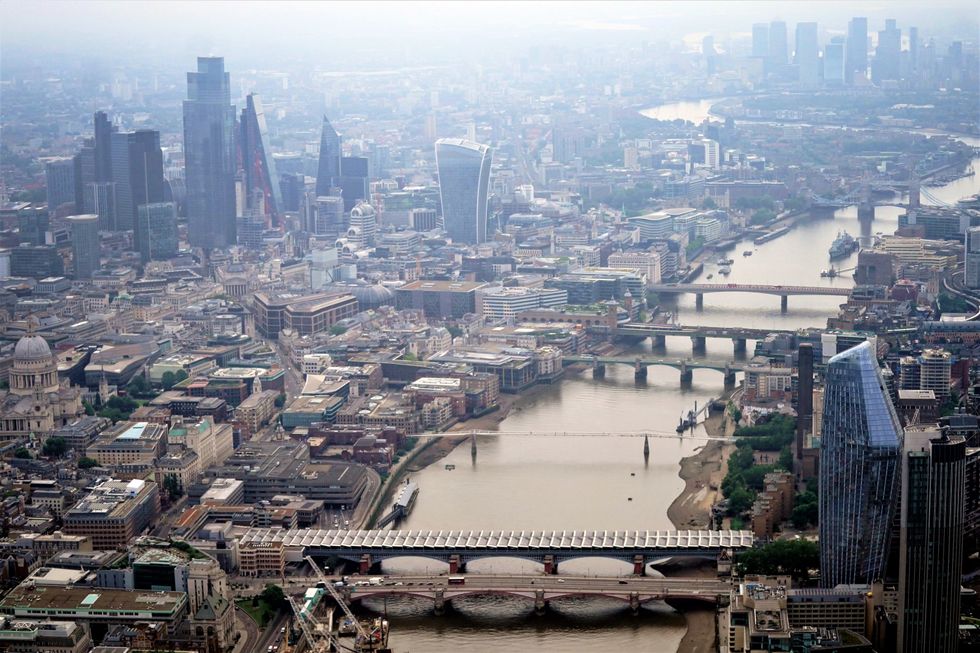
The study analysed data from January 2015 to March 2018, covering all 4,835 Lower Layer Super Output Areas (LSOAs) in London
| PAIt did point out that the company had taken steps to prevent crime, including background checks on bookers,.
An Airbnb spokesperson said: "This report is misleading as it fails to account for a general rise in crime rates and seasonal travel peaks in London, which have a far greater impact on crime than the cited, decade-old data.
"Listings rented for more than 90 nights a year on Airbnb account for just 0.17 per cent of homes in London.
"Airbnb creates new income for families, businesses and communities, boosting London's economy by £1.5 billion last year alone while supporting over 16,800 jobs."
The spokesperson added that the data used finished in 2018, and that in 2020, Airbnb had updated their policy.
Bram Gallagher, director of economics and forecasting at AirDNA, said: "The findings show only a small correlation between short-term rentals (STRs) and some types of crime, similar to other tourist-related activities like restaurants or hotels in aggregate.
"Importantly, the report dispels concerns that STRs undermine community cohesion, finding no evidence to support this.
"Overall, the data reinforces that STRs function much like other traditional tourist accommodations rather than creating new types of risk, while bringing economic benefits of tourism to local areas."






